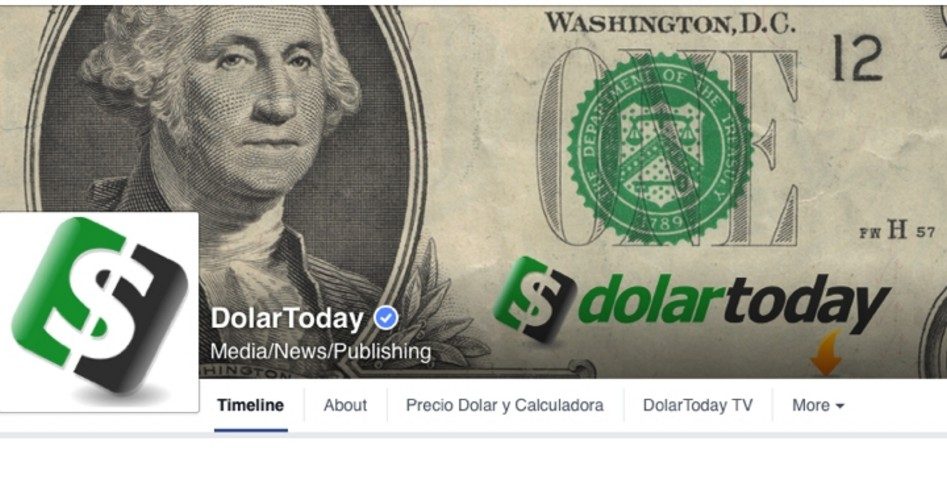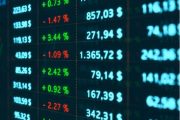
Any Venezuelan hoping for relief from the socialist tyranny of former Venezuelan strongman Hugo Chávez and his “Bolivarian revolution” has long since been disabused of any optimism. In the three years since the death of Chávez from cancer, once-prosperous Venezuela has continued its steep downward spiral, with bouts of violence that threaten to turn into civil war, economic collapse, and triple-digit inflation.
Venezuela was able to indulge the Bolivarian socialism of Chávez as long as profits from Venezuela’s state-owned oil reserves kept pouring in, but the collapse of oil prices has greatly exacerbated the country’s economic pain. Venezuela’s currency has collapsed, leading to nearly Argentina-esque levels of inflation — around 720 percent this year, per the International Monetary Fund’s latest estimate. Venezuela’s government, now led by former Chávez associate Nicolas Maduro, has been resorting to the usual financial legerdemain of socialist fraudsters whenever the effects of their economic planning wreak havoc. It has instituted currency controls to force its citizens to use nearly worthless Venezuelan bolivars instead of dollars or other comparatively stable currencies. The result, of course, has been a flourishing black market in dollars.
We’ve seen this movie before. During the administration of Argentina’s Cristina Fernandez, the country’s currency and economy collapsed (yet again), prompting Argentina to default on its international obligations (for the second time in 15 years). None of this, naturally, was the fault of Argentina’s faultless political class and its incurable love of Peronist welfarism and socialism. Fernandez instituted dictatorial currency controls and blamed “vulture capitalists” overseas for all of Argentina’s hardship (the unpardonable sin of said capitalists being a persistent desire to be paid back billions they had loaned to Argentina’s chronically deadbeat regime).
Now Venezuela is in similar straits and, like Argentina’s Fernandez, Nicolas Maduro is looking abroad for scapegoats. And he’s found one: an American website, dolartoday.com, run by three Venezuelan expats, that publishes up-to-date information on the black market bolivars-to-dollars conversion rate. That it also publishes a lot of other useful information about Venezuela’s foundering finances, including its vertiginous inflation rate, is of little interest to the Venezuelan authorities, enraged by the website’s open tracking of the black market.
Venezuela’s central bank officials have targeted the website for persecution. According to allegations in a lawsuit filed in the state of Delaware last October, the website is responsible for Venezuela’s inflation rate and other currency woes:
Defendants are deliberately misrepresenting and effectively manufacturing a market — a phony, distorted market for the exchange of bolivares into dollars and vice-versa, with the aim of lining their pockets with ill-gotten gains…. [They] conspired to use a form of cyber-terrorism to wreak, and in fact they have wreaked, economic and reputational harm on the Central Bank by impeding its ability to manage the Republic’s economy and foreign exchange system.
On Friday, the U.S. District Court in Delaware took the side of the defendants, stating that the Venezuelan central bank had not presented sufficient evidence that the website had done it direct harm. But it also allowed the bank seven days to come up with a more compelling case, which the bank’s lawyers have promised to do.
Should Venezuela’s bank be successful in using courts to attack a website that shines light on the fruits of its corrupt policies, other central banks will almost certainly follow its example. How long will it be before criticism and exposure of the Federal Reserve similarly becomes subject to legal scrutiny?



